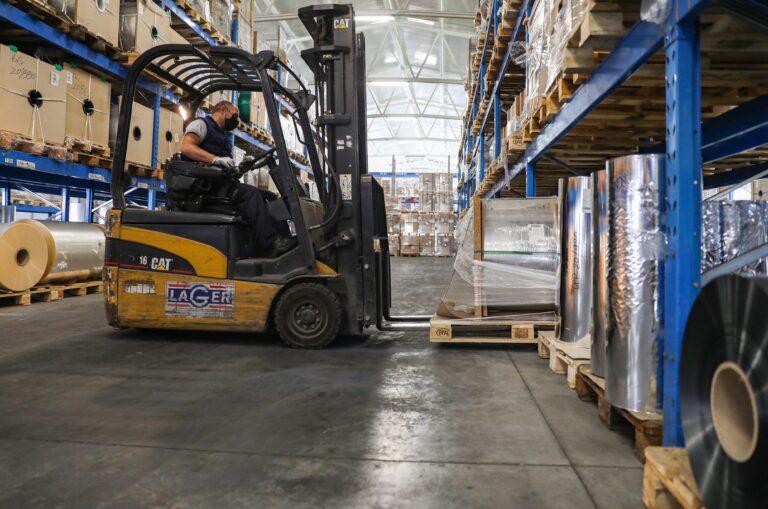Packaging is a crucial feature of successful product marketing and greatly influences business and sales growth. Comex, a Serbian company specialising in the production of flexible food and non-food packaging and wrapping materials since 1990, knows this all too well.
“Even though packaging is a very specialised sector, it is also very competitive,” says Rajko Pribilović, General Director of Comex. “Our recipe for success consists of three key ingredients: focus on our clients, dedicated employees and a drive to improve.”
The business has grown over the years to serve customers in Serbia and abroad. Comex now sells its products to more than 200 customers, with exports accounting for around 40 per cent of sales.

“We operate in an extremely dynamic environment, but keep up with the latest trends through permanent innovation and investment in production processes and technology and by keeping abreast of industry standards,” Pribilović says.
Being up to date with current trends requires investment in new equipment and adherence to globally recognised standards. An EBRD and European Union (EU)-supported programme offers small and medium-sized enterprises (SMEs) access to credit lines through local partner financial institutions precisely for this kind of project.
Once SMEs have successfully completed their investment, they are eligible for a cashback grant of 15 per cent, significantly reducing the overall cost. In addition, SMEs can obtain EBRD advisory support, which, in Serbia, is also funded by the EU.
“After we successfully implemented world-recognised ISO standards, which helped us to harmonise our production with the highest international safety and quality regulations, the next step was to upgrade our technology,” says Pribilović.
His company decided to invest in a new printing machine, financed with a €1 million loan from Banca Intesa. In addition to the loan, the company also received a €150,000 grant, funded by the EU.
“The investment allowed us to replace old equipment with the latest technology, which led to several improvements, primarily in reducing our primary energy consumption, but also in boosting occupational health and safety standards,” he adds.
Investing in competitiveness pays off in the long run, generating higher sales, better-quality products and greater production capacity, among other things. Thus, the EBRD-EU programme in the Western Balkans improves SMEs’ access to well-structured finance and business advice, helping them grow.
To date, the programme has supported more than 100 businesses in Serbia with more than €26 million worth of loans and grants, available through Banca Intesa and UniCredit Bank.
This is just a small portion of the total amount the EBRD provides to the private sector in Serbia. In 2020 alone, the EBRD provided more than €480 million in financing to privately owned companies, the majority of which went to SMEs.